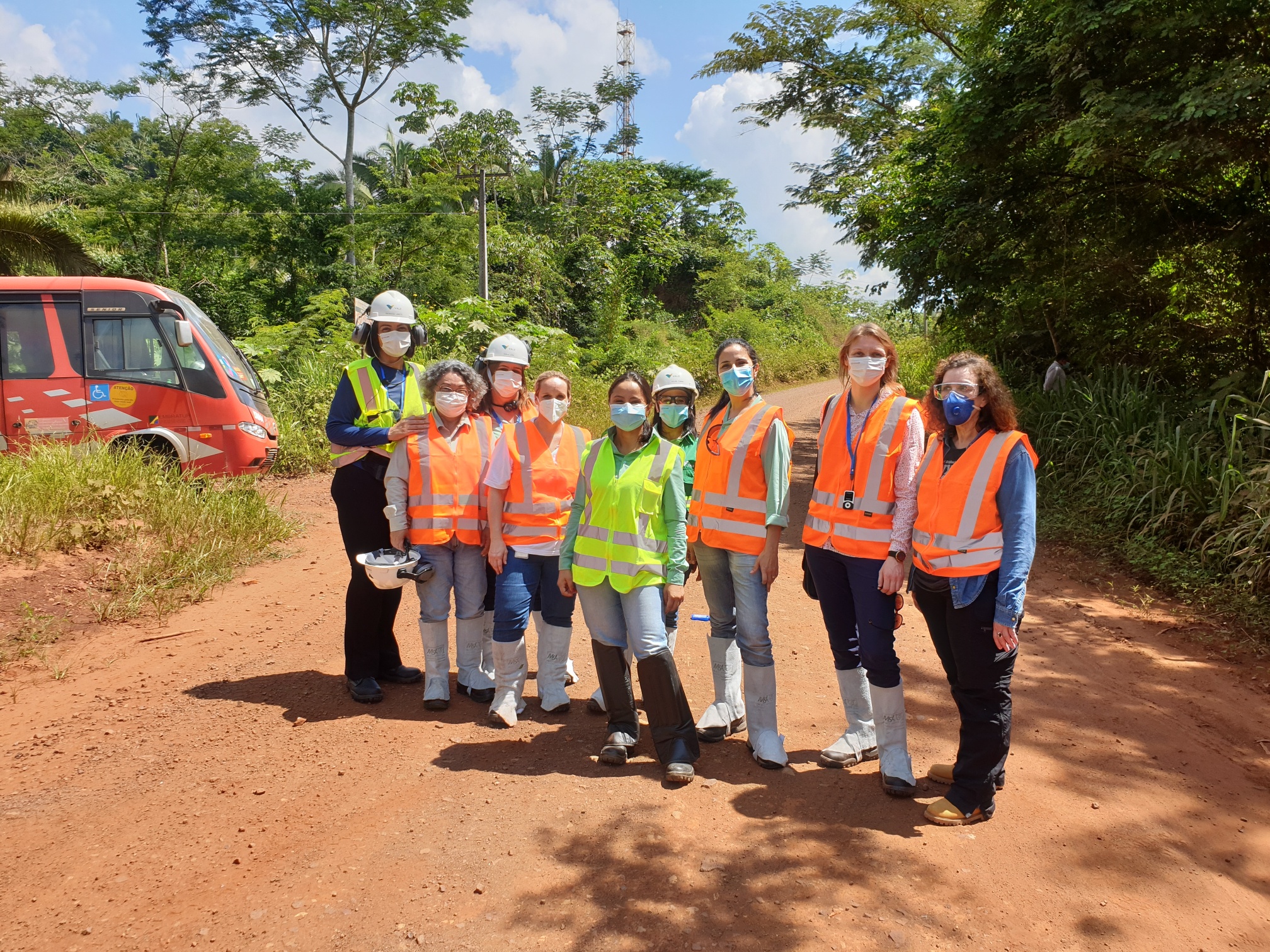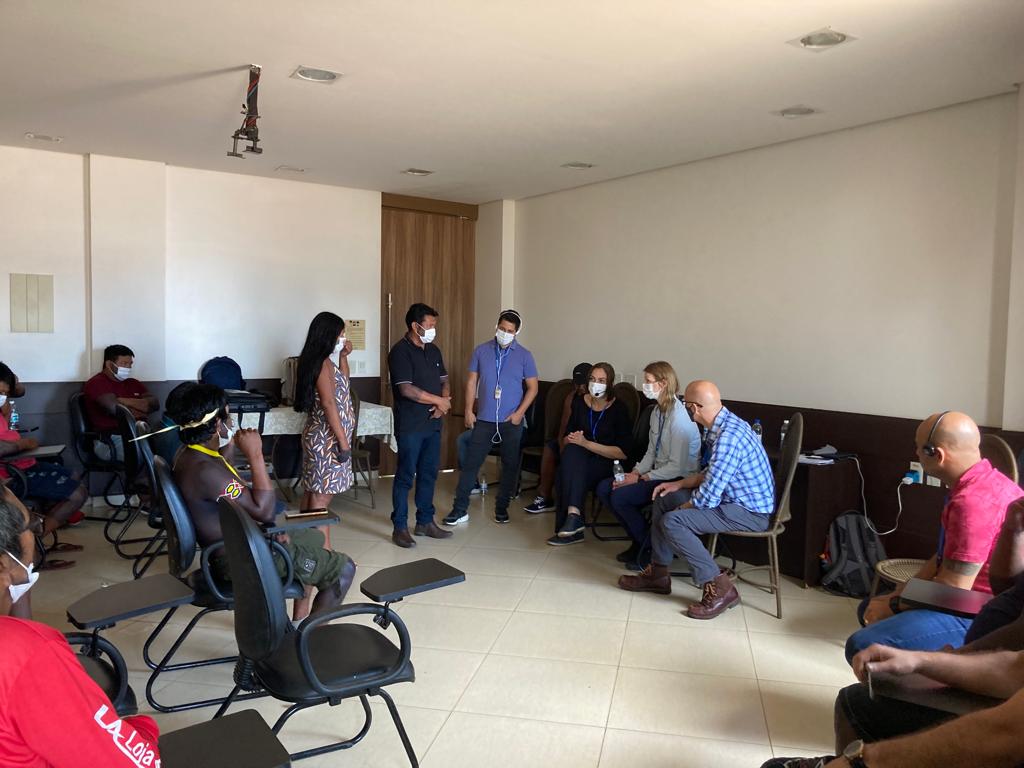What happened?
Finnwatch reported problems with Vale’s Onça Puma mine in Brazil and criticized our supply chain monitoring. We took the information seriously and immediately started to investigate the issue.
What have you done during the year to remedy the situation?
A lot. Immediately after the report, we decided to let an external partner conduct an independent investigation into Vale’s Onça Puma mine in Brazil. This investigation was completed during 2021. We also developed and described a process for ESG incidents, to make sure that reported cases are handled with appropriate attention and actions.
On top of that, we have enhanced our entire supplier monitoring. We have reviewed our Supplier Requirements and set a stronger focus on social responsibility and human rights, including the UN Guiding Principles on Business and Human Rights. We integrated sustainability as a criterion in our supplier evaluation and we started to map our supply chain beyond our direct contract partners.
We also conducted the human rights risk assessment in accordance with the UNGP, together with experts from Deloitte. The assessment focused not only on Outokumpu’s own activities, but also on the risks within our supply chain.
How was the visit to the Onca Puma mine site?
During the visit, we met with Vale, the Xikrin indigenous people and several institutions in Brazil in December 2021, together with an independent expert, Enact. We discussed with the Xikrin indigenous people to hear their opinions on the process and learn about their lives and their problems. We also got very positive feedback and were invited back. Actually, we were told that it was the first time that a European customer showed up there and showed interest in the indigenous people directly.
What remains to be done?
Monitoring suppliers is not a project but continuous work for us. In 2022, we will continue to increase engagement with our suppliers, and I am happy to announce that my team will be strengthened with three more persons. Together we will for example finalize the review of our onboarding process and put a higher emphasis on human rights due diligence. We have also started an human rights impact assessment program for suppliers in high risk countries together with the same independent expert that supported us with the investigation in Brazil. We will for example visit one supplier in Guatemala, where we are also going to investigate the potential impacts of the company on indigenous communities and other external stakeholders.


